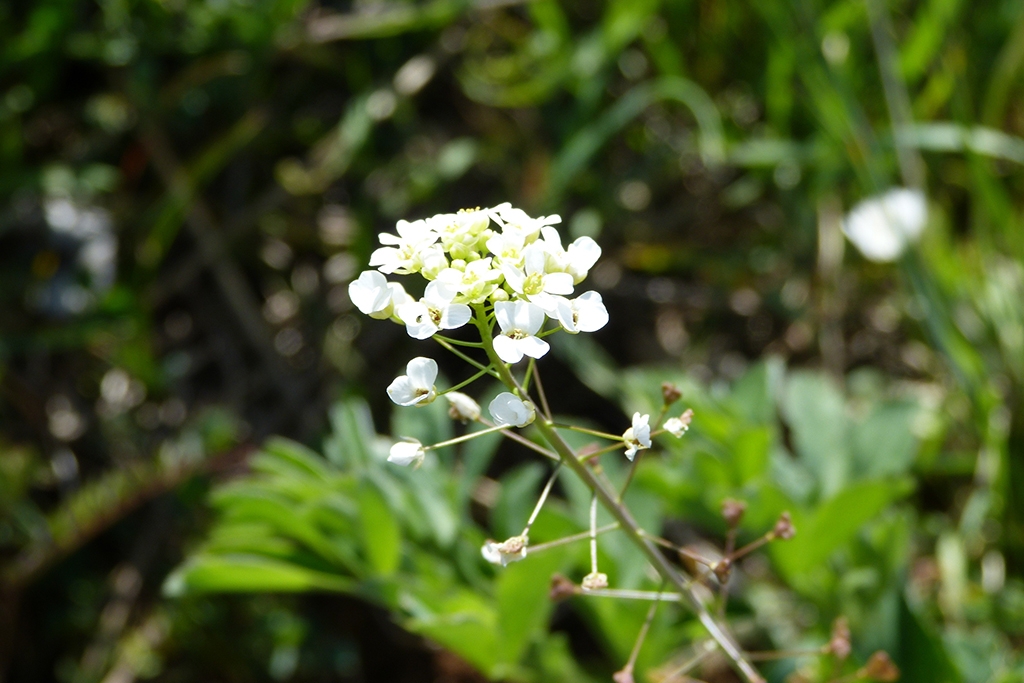Evolution of gene expression in the world’s most common weed
In a recent study led by Martin Lascoux (SciLifeLab/UU) researchers investigated the evolution of gene expression in the world’s most common weed, the shepherd’s purse (Capsella bursa-pastoris).
Polyploidy, or whole genome duplication, is a major evolutionary mechanism and most animal and plant species have a polyploid at some point of their ancestry.
The shepherd’s purse, a small tetraploid weed and one of the most common plants on earth, originated around 100,000 years ago through the hybridization of two very different parents: the outcrossing Capsella grandiflora and the self-fertilizing Capsella orientalis.
The researchers focused on gene expression patterns in three tissues: flowers, roots, and leaves. Using newly developed indices they demonstrated that in flowers, the expression pattern of genes from the C. grandiflora-inherited subgenome shifted towards that of genes from the C. orientalis, whereas in the two other tissues the opposite was observed, suggesting that the evolution of gene expression is adaptive.
The article was published in the May issue of PLoS Genetics.
Photo: Martin Lascoux





